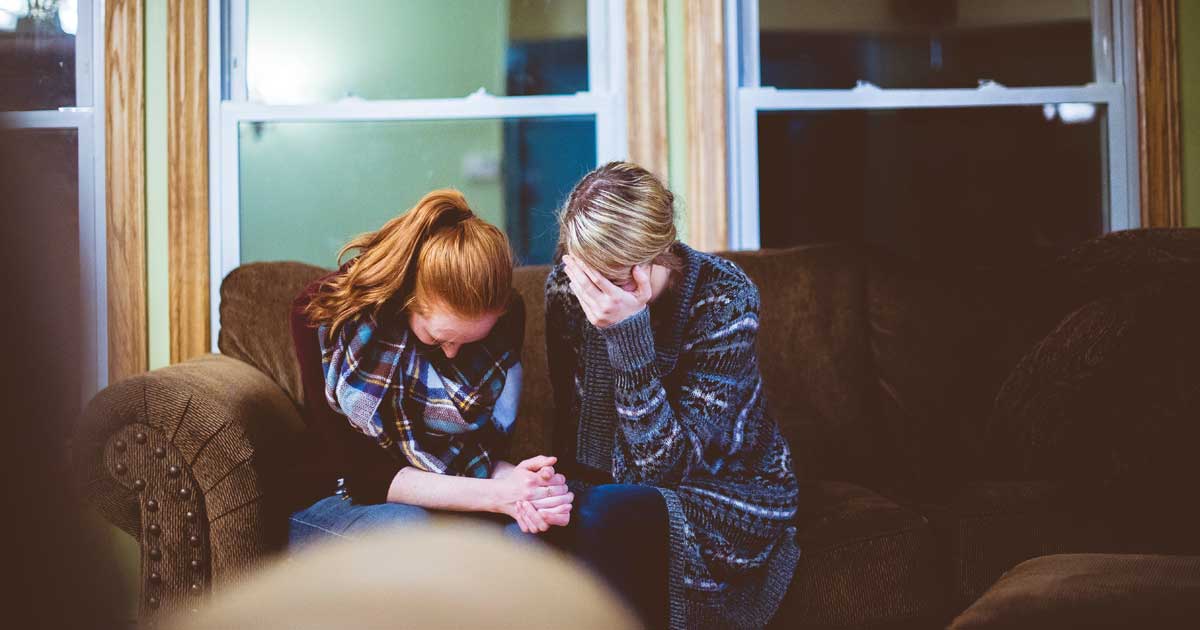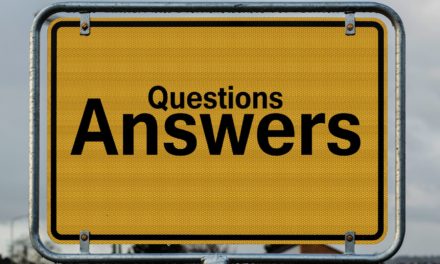Charles Bukowski posed this question. “Can you remember who you were before the world told you who you should be?”[1] Soc
This blog is more complicated that I wanted it to be. I wanted to write about guns, not gun violence, but the absurdity of that showed up in the first sentence. There are no gun ethics, only gun violence. We know that because conservatives love guns, libertarians respect them, Republicans rely on them, Democrats suspect them, Independents are ambivalent about them, and socialists rely on the government to keep them in a good state of repair. Children play with them, teenagers buy gun games, and young adults can’t drink but they can shoot.
Writers write about guns, gun battles, guns at school, guns on sale, ghost guns, long guns, glocky guns, gun nuts, gun laws, and of late, gun violence. But even though hundreds of thousands of articles, rants, raves, media posts, Instagram’s, Redditt’s, Tick-Tocks, Tweets, posters, and prayer notes were written in the last week, no one dared to mention ethics. Somehow, the carnage at Uvalde Elementary School, garnered over a million tweets but not one word on the ethics of the thing. That’s because for one side of the gun debate ethics are too squishy. On the other side, ethics are not votes. Both sides of the aisle agree on this. If it’s squishy, ignore it. If it’s not political, avoid it. Neither side cares whether the other takes the high moral ground because morality has no place in politics.
There was a time when ethics and morality were essential to leadership, whether in corporate or governmental constructs. That was when ethical leadership focused on moral habits, perspectives, and outcomes. In today’s fractured world of the gun, the historical notions of ethos, pathos, and logos are jokes. They are not used to persuade a servant population about the inherent connection between the abstract notion of gun ownership and the horrific notion of gun violence.
Pathos is how writers appeal to their reader’s emotion by writing a convincing story. Logos is an appeal to our readers’ logic—persuading by citing facts and figures. Ethos is an ethical appeal. The first two are AWOL when writing about guns because America is awash in guns. We are convinced guns are good because the Second Amendment says so. We are also convinced guns are needed because without them, we would be shot by those that have them. But the third pea in the pod, Ethos, should be in the first paragraph of every print and digital offering, and in the first scene of every broadcast version holding forth on gun violence. It’s not about the gun itself, it’s about the havoc, chaos, death, destruction, and loss of political office that gun violence spews.
This is a short blog; I am going to jump over havoc, chaos, death et. al. What ethical imperatives come with the loss of political office? With few exceptions, those holding elected office felt compelled to comment about the psychopath who killed twenty-one innocent souls at the Robb Elementary School, in Uvalde, Texas.
They blamed him. He was the answer for the conservatives—guns don’t kill people, people kill people. The other side of the aisle were likewise politically correct, they didn’t name him or blame him, they blamed the other side for wanting to take away guns. So, the politicians, who have to sole power to minimize gun violence chose not to attack guns, and instead attack the other side. After all there are votes at stake.
Gun violence gave elected office holders, citizen leaders, and students a momentous and terrible history. It grabbed us by the neck and shook us until we thought our own death-by-gun might be near. The murder-by-gun took the lives of John F. Kennedy, Martin Luther King, Jr., Robert Kennedy, and John Lennon, and almost killed Ronald Reagan and Gabby Giffords. Gunmen, or should we call them gun boys, killed at Columbine High School, Virginia Tech, Sandy Hook, and now Robb Elementary School. Each of these ten tragedies, raging over sixty-plus years, was different. The how, why, when, and who of each case varied wildly. In some, the shooters were strangers. No two cases were alike in terms of motive, horror, logistics, consequence, outcome, and change. The only common calculus was the presence of a gun at the core, not just the scene of the crime. In every case, Congress assembled, blamed the other side, and made a few changes in the applicable statutory law. In every case the judicial branch handed out or down worthy opinions on constitutional compliance or abstinence.
But deep down at the raw core of human activity, there is a common etiology. But for the presence of a gun, none of that history would exist. That’s the moral and ethical imperative for everyone who writes about the May 24, 2022, carnage at Uvalde, Texas, on the Robb Elementary School campus. But for the presence of a gun, those twenty-one souls would be celebrating Memorial Day today.

I am an author and a part-time lawyer with a focus on ethics and professional discipline. I teach creative writing and ethics to law students at Arizona State University. Read my bio.
If you have an important story you want told, you can commission me to write it for you. Learn how.






 I am an author and a part-time lawyer with a focus on ethics and professional discipline. I teach creative writing and ethics to law students at Arizona State University.
I am an author and a part-time lawyer with a focus on ethics and professional discipline. I teach creative writing and ethics to law students at Arizona State University.  My latest novel is Hide & Be.
My latest novel is Hide & Be.  If you have an important story you want told, you can commission me to write it for you.
If you have an important story you want told, you can commission me to write it for you.